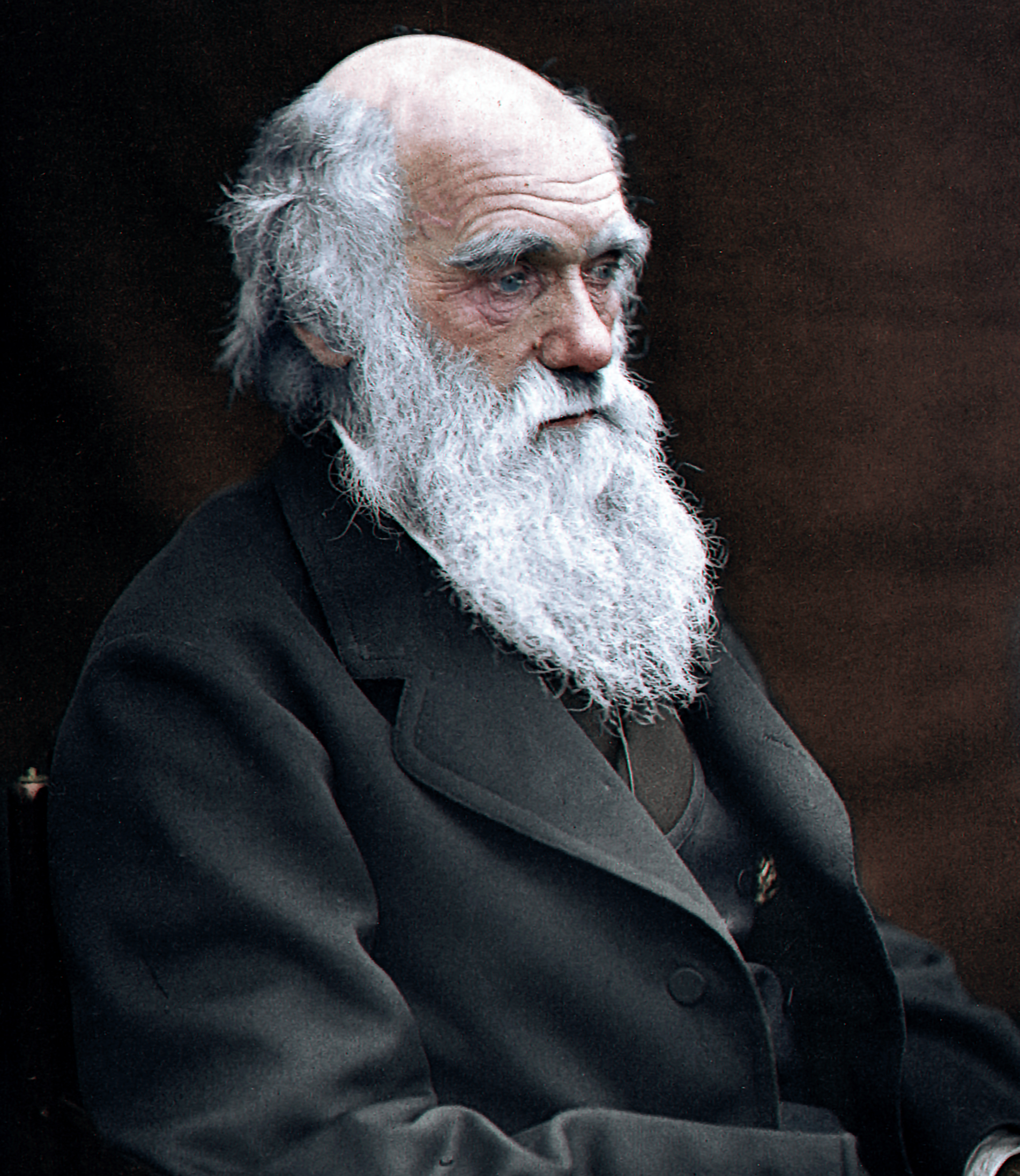On Oct. 2, 1836 the HMS Beagle returned to Great Britain after a five-year voyage around the world. The ten-gun brig’s most famous passenger was a young naturalist named Charles Darwin. Darwin had turned to naturalism after dropping out of medical school (much to the displeasure of his doctor father) because of boredom and dislike of blood. He had then attempted the study of theology at Cambridge. While there, he created the Gourmet Club (nicknamed the Glutton Club) where he and like-minded friends ate odd animals like hawks. This would carry through to the voyage where Darwin tried eating an armadillo (“tastes like duck”), ostrich, iguana, and puma (“tastes like veal”). He boarded the Beagle at age 22 (he was born the same day as Lincoln) and spent 18 months of the journey on board. This was uncomfortable because he suffered from seasickness. Most of his time was spent ashore, like in the rain forests of Brazil. He was able to do this because the ship was busy mapping the coast of South America. When he returned, he was already famous because of the fossils he had sent back. He did not actually publish his On the Origin of Species until 1858. This delay was mainly out of worry about the reaction of religious groups. His grandfather Erasmus Darwin had published on evolution and been hammered by the Church. It was not until the sixth edition that he used the word “evolution” and he did not originate the phrase “survival of the fittest”. Herbert Spencer coined it to connect his economic and social theories to Darwin’s theory. Darwin was not an atheist, but he did lose his strong faith after seeing the horrors of slavery in Brazil and after losing three of his ten children in childhood. Darwin was in ill health for most of his life after the voyage. He suffered from exhaustion, eczema, nausea, headaches, and heart problems. It is believed his health problems were related to the voyage.
https://www.history.com/news/10-things-you-may-not-know-about-charles-darwin
https://www.biography.com/news/charles-darwin-facts-darwin-day

0 Comments